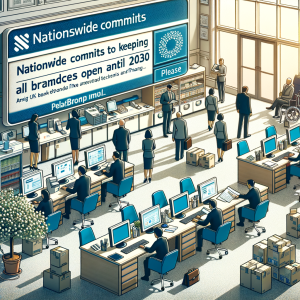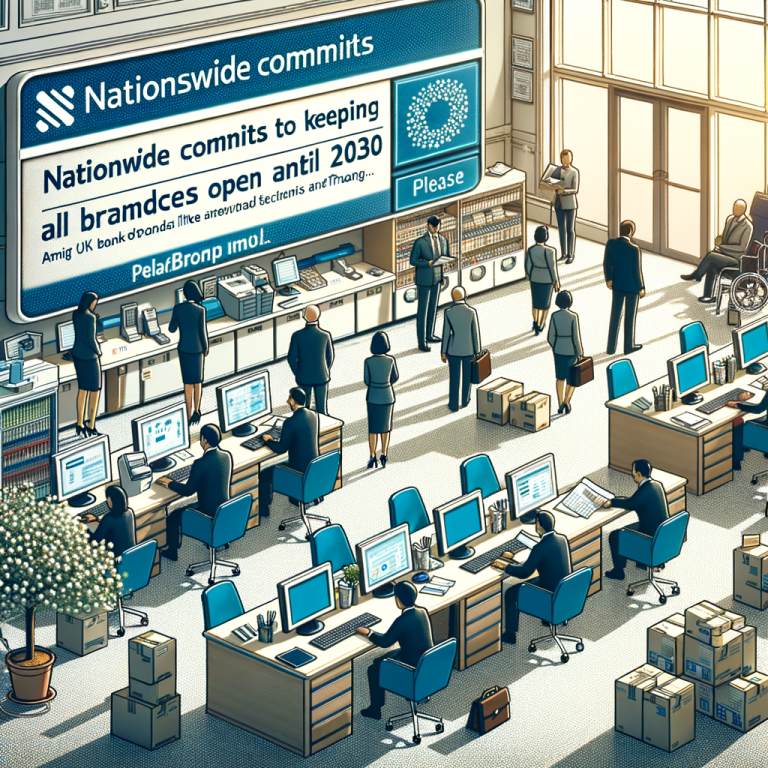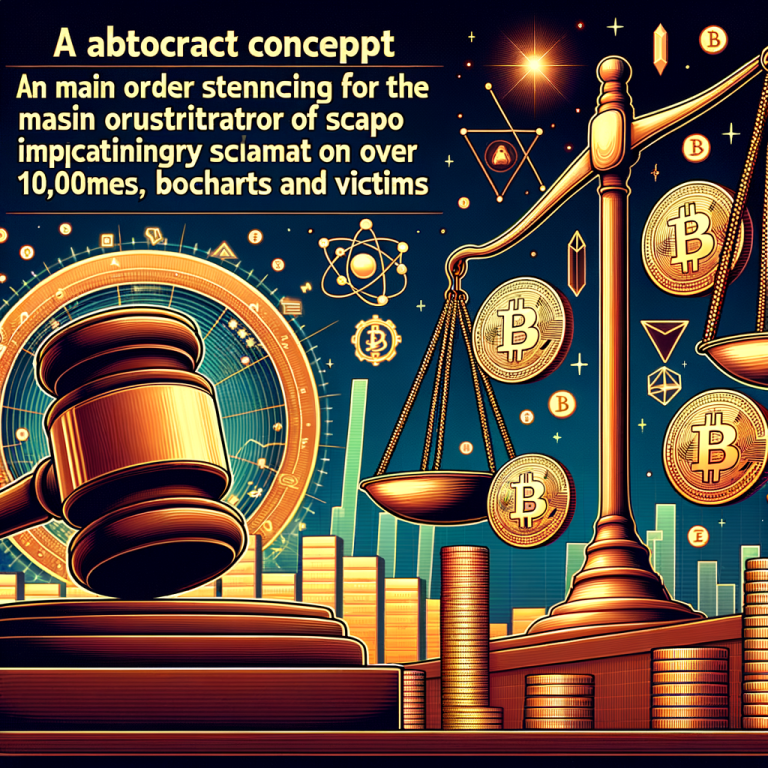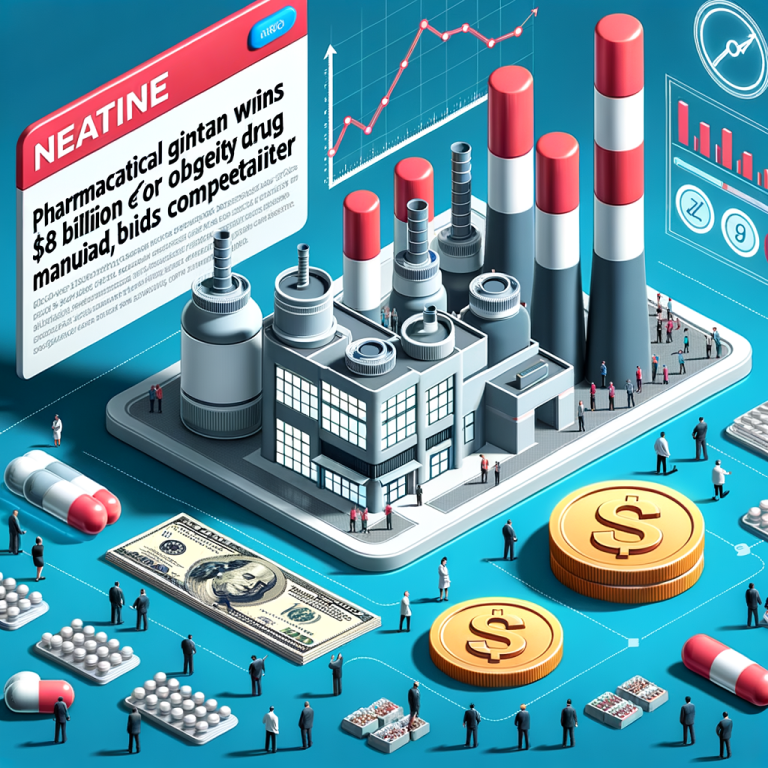
(qlmbusinessnews.com via bbc.co.uk – – Wed, 8th June 2022) London, Uk – –
Unions have been branded selfish by No 10 over rail strikes which threaten major disruption to passengers.
The RMT Union said it will shut down the country's railway network on 21, 23 and 25 June after talks over pay and redundancies fell through.
Downing Street warned the plans would inflict pain on passengers and cause disruption and said it was determined to make railways more efficient.
——————–Advertisement————————
But RMT hit back saying the government itself was being selfish.
Both train operators and the union have said they want more talks to avoid the strikes.
If industrial action goes ahead, more than 40,000 staff from Network Rail and 13 train operators are expected to take part in what is dubbed the “biggest rail strike in modern history”.
On the first day of the planned strike on 21 June, London Underground RMT workers plan to walk out in a separate dispute over pensions and job losses.
The strikes are expected to affect thousands of rail passengers, and fall during music and sporting events including the Glastonbury Festival and an England cricket Test match against New Zealand.
The BBC understands the action will leave around a fifth of mainline rail services running on the strike days, with the majority operating for a maximum of 12 hours.
But due to the walk outs being 24 hours each, disruption is expected to spill into non-strike days leading to a week of disruption.
According to the Department for Transport, the average salary rail worker salary is £44,000. This is more than the median pay of other public sector workers, such as nurses (£31,000), teachers (£37,000), and care workers (£17,000).
A No 10 source said the move was “thoroughly irresponsible” and warned it would inflict “pain and economic disruption on their fellow citizens in really tough times”.
However, Mick Lynch, secretary general of the RMT union, hit back at the government saying they were “experts at being selfish and irresponsible”.
He told the BBC his members needed a pay deal, job security and “decent terms and conditions”.
“The government have the key to unlock that,” he added.
Mr Lynch claimed Network Rail had told union reps they were planning to cut 3,000 maintenance jobs out of 11,000, which he said would pose safety risks.
But Network Rail insisted no proposals were on the table, talks were under way about modernising maintenance and how compulsory redundancies could be avoided. It rejected claims it would do anything to compromise safety.
Steve Montgomery, of the Rail Delivery Group, said the industry body was “extremely disappointed” with the prospect of strike action. “It's really important we ask RMT to get back round the table,” he said.
He said that the industry had received £16bn in subsidies over the pandemic, but that level of funding could not continue.
“We have to look how we can reform,” he said. “We've not said ‘we're not going to give staff a pay increase', but we need to sit down and talk with RMT on how we can move reform forward to make it fair for everybody.”
Rail firms “are looking at all options” to modernise, including job losses, he said, as well as trying to operate services during the strikes.
The industry group said rail industry revenue is currently at 82% of 2019 levels, which is the same as a £38m shortfall on pre-Covid revenue levels every week.
However, Mr Lynch said railway firms “can easily afford a pay rise for our members, it'll just mean they have to cut back on their profits”.
“They are ripping off the passenger, they are ripping off the taxpayer. The government needs to fund the railway properly, and we need the companies to give up some of their profits to give our members a pay rise,” he added.
Despite more people working from home since the pandemic, Mr Lynch said revenues and passenger numbers were recovering.
He said the union doesn't want disruption for thousands of commuters, but had been talking to rail firms for two years trying to get pay deals.
——————–Advertisement————————
He argued the firms wanted to cut thousands of jobs while still getting “fat cat profits”, and that executives had been paid “millions” during the pandemic.
“We've got another two weeks before this action starts. There's plenty of time to get proposals forward,” he added.
Which lines will be affected by the strike?
People working for 13 train operating companies, which each run services in different parts of the country, will take part in the strike. These are:
- Chiltern Railways
- Cross Country Trains
- Greater Anglia
- LNER
- East Midlands Railway
- c2c
- Great Western Railway
- Northern Trains
- South Eastern Railway
- South Western Railway
- TransPennine Express
- Avanti West Coast
- West Midlands Trains
In addition, workers at Network Rail, which maintains the railways throughout Britain, also voted to strike. So the impact of the action would be felt across England, Scotland, and Wales.
But a Rail Delivery Group spokesman said the RMT was “using inflated figures made up of smoke and mirrors to disguise the real issue”.
——————–Advertisement————————
Transport Secretary Mr Shapps said Covid “changed travel habits – with 25% fewer ticket sales and the taxpayer stepping in to keep the railways running at a cost of £16bn, equivalent to £600 per household”.
“We must act now to put the industry on a sustainable footing,” he added.
Anthony Smith, chief executive of the independent watchdog Transport Focus, said further talks were crucial, and there would need to be an effort to give passengers certainty.
By Tom Espiner & Michael Race




















